1. The Beatles’ Arrival in America
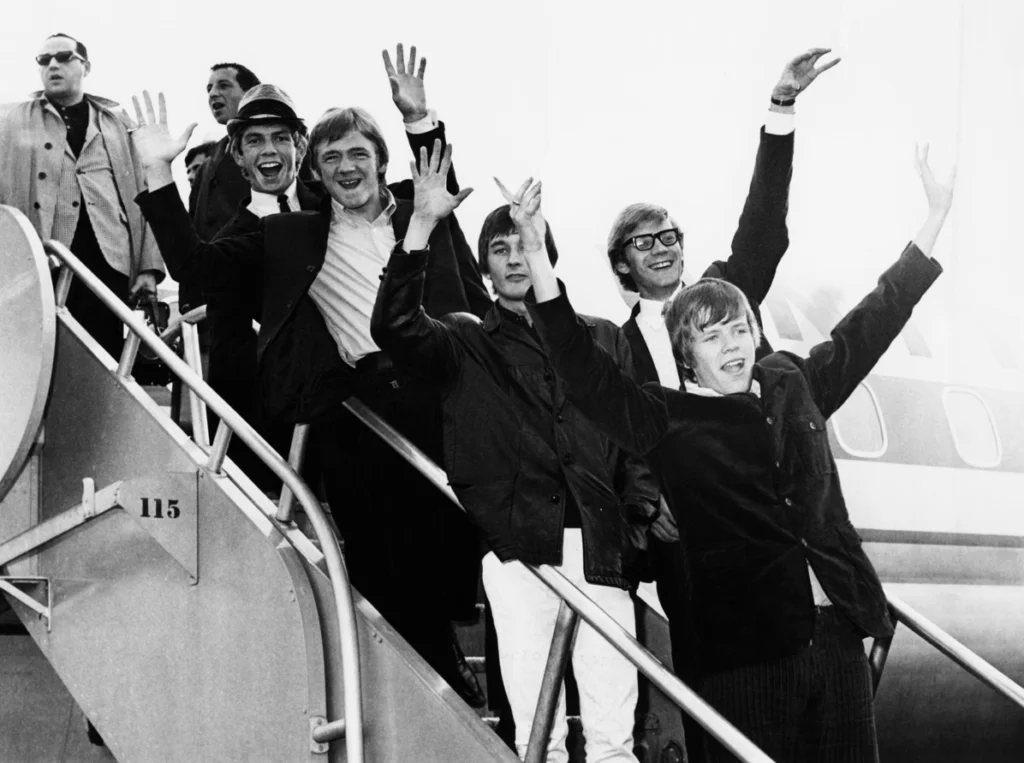
The Beatles’ U.S. debut in 1964 marked a cultural moment like no other. Their appearance on The Ed Sullivan Show drew a record-breaking 73 million viewers, instantly transforming them into global superstars. Beatlemania swept across the nation, changing the music landscape forever and introducing the concept of “fandom” as we know it today. The band’s music and style resonated deeply, influencing not just pop music but fashion, attitudes, and even social movements.
Over the years, The Beatles’ influence has remained undiminished. Songs like “Hey Jude,” “Let It Be,” and “Yesterday” still echo in the hearts of fans, and their albums continue to top charts. The band’s groundbreaking albums like Sgt. Pepper’s Lonely Hearts Club Band and Revolver reshaped the possibilities of music production. Even today, their arrival in America is remembered as a turning point in modern pop culture, as they broke barriers and set trends that are still relevant.
2. The Rise of Television Game Shows
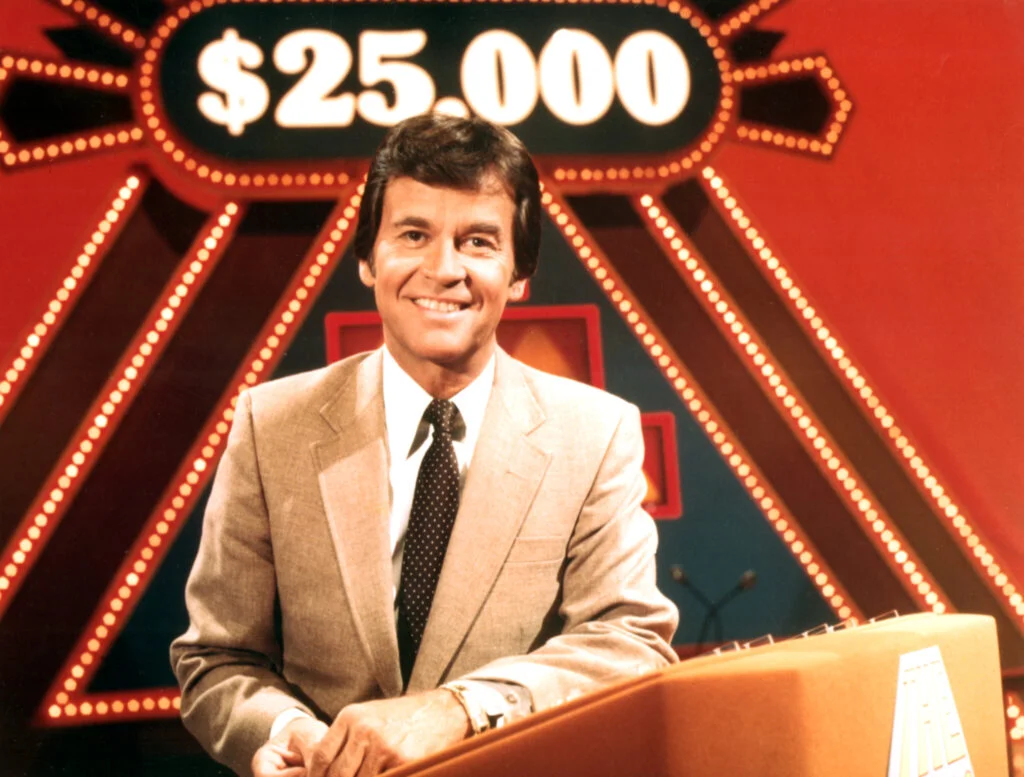
The ’60s were a golden era for television game shows, a format that has persisted through the decades. Shows like Jeopardy!, The Price Is Right, and Family Feud began during this time and have remained staples of the TV landscape. Jeopardy! specifically stands out with its intellectual quiz format, capturing the imagination of viewers and becoming a cultural touchstone. The blend of entertainment and education helped these shows maintain a loyal fanbase, even after several decades.
The long-lasting appeal of these game shows speaks to their universal format. Whether it’s watching contestants guess prices, answer trivia questions, or complete wacky challenges, game shows have become part of family entertainment worldwide. The rise of new generations of viewers continues to keep these shows fresh, proving that the ’60s laid the groundwork for a long-lasting tradition in television. Game shows continue to be a significant part of our pop culture, making them as relevant today as they were when they first aired.
3. The Moon Landing
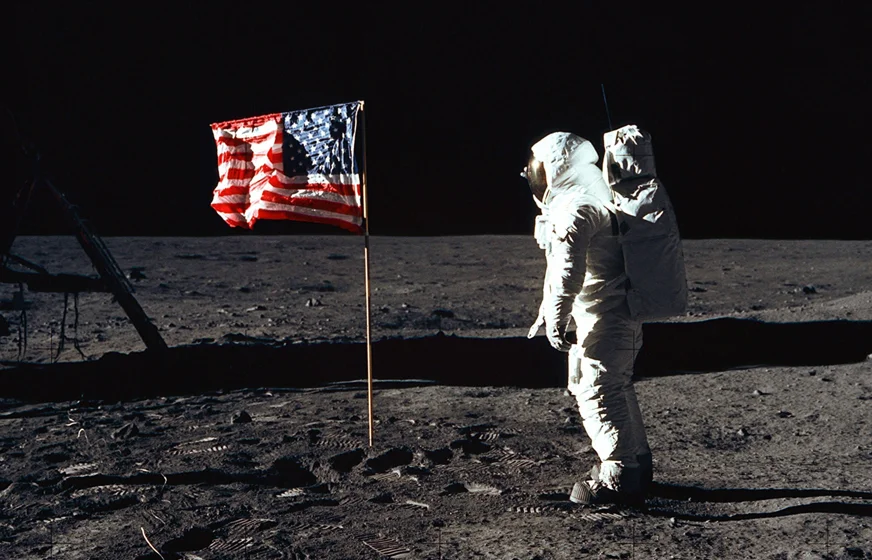
When Apollo 11 landed on the moon in 1969, it was more than just a scientific achievement—it was a global event that captivated the world. Neil Armstrong’s first steps on the lunar surface, with his famous words “That’s one small step for man, one giant leap for mankind,” became an iconic moment in human history. People around the world watched live broadcasts, experiencing this incredible feat of technology and courage together. The space race pushed the boundaries of what humanity thought possible.
More than five decades later, the moon landing remains a defining moment in both history and pop culture. It represented a triumph of science, technology, and human ambition, and it continues to inspire countless films, documentaries, and discussions about the future of space exploration. The moon landing didn’t just end with Apollo 11; it became a symbol of what humans can achieve when they set their sights on the stars.
4. The Civil Rights Movement
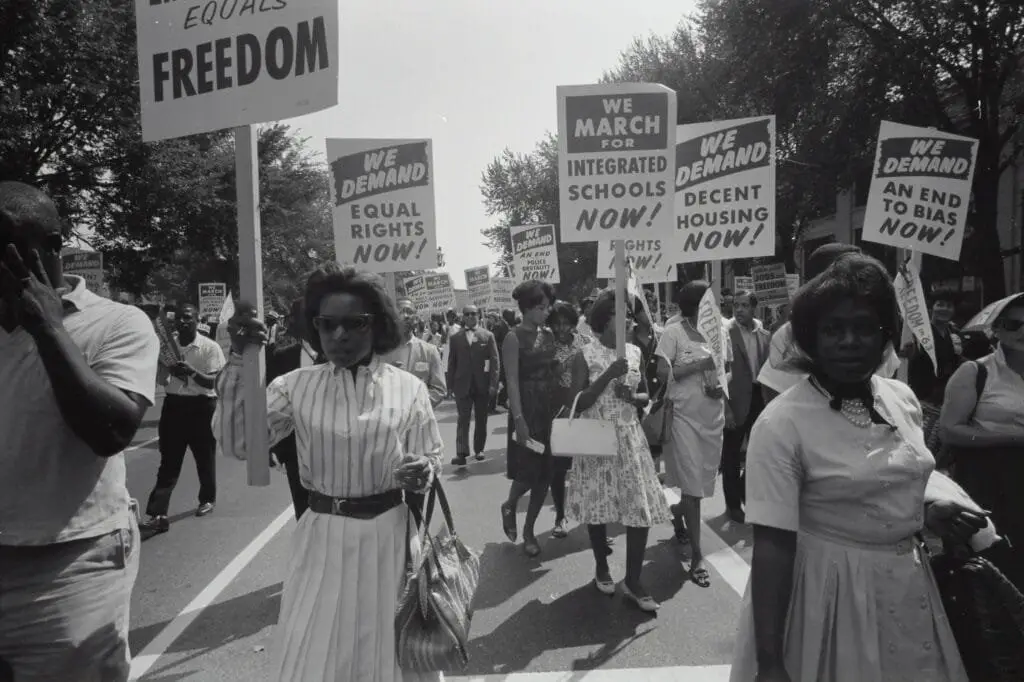
The 1960s were pivotal in the fight for civil rights, with figures like Martin Luther King Jr. and Rosa Parks becoming icons in the struggle for equality. The movement sparked protests, sit-ins, and landmark legislation that redefined American society. King’s “I Have a Dream” speech became a rallying cry for justice and is still referenced today in discussions on race, justice, and equality. The march on Washington, along with key legal victories such as the Civil Rights Act of 1964, helped cement this era as one of the most significant in American history.
Decades later, the impact of the Civil Rights Movement continues to be felt. It laid the foundation for future movements, such as Black Lives Matter, and is often referenced in modern conversations about systemic inequality. The 1960s’ battles for justice and equality are still being fought today, reminding us that the cultural, political, and social changes sparked during this period are ongoing. The lessons of the past echo loudly in today’s quest for a more just society.
5. The Counterculture Movement
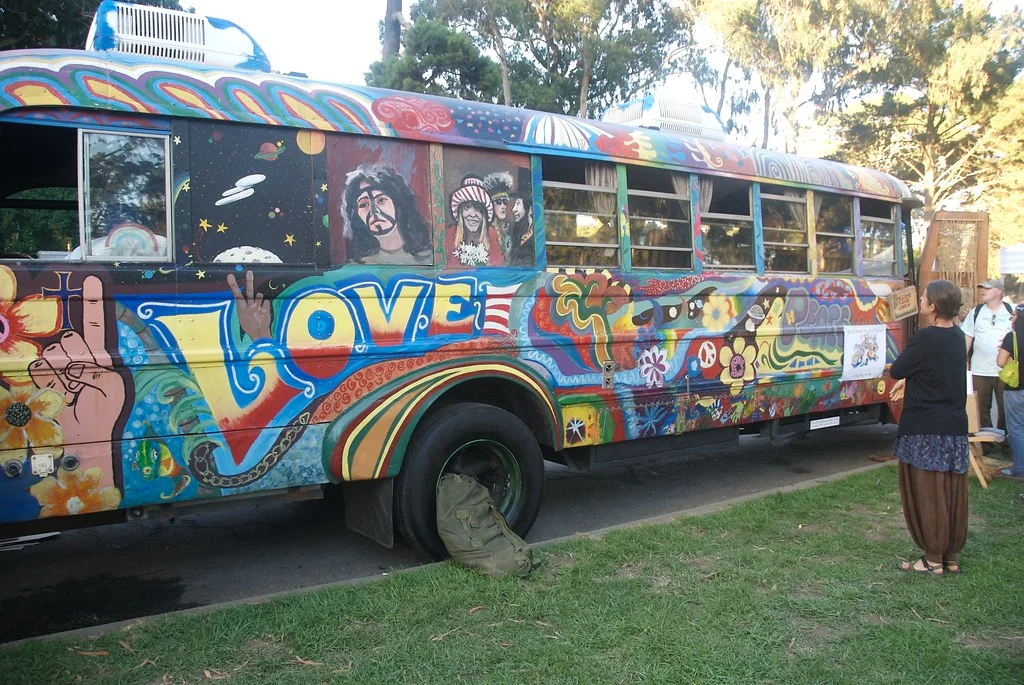
The ’60s were marked by the rise of the counterculture movement, with its message of peace, love, and rejecting societal norms. Flower children, hippies, and anti-establishment groups gathered at places like Woodstock, pushing back against the conventional ideals of the time. This movement celebrated individualism, free love, and experimentation with mind-altering substances. It was a rebellion against mainstream American life, advocating for a new way of thinking about personal freedom and societal structure.
The counterculture movement’s influence is still felt today, particularly in areas such as fashion, music, and political activism. Ideas about environmentalism, alternative lifestyles, and the importance of personal expression were all central to the ’60s counterculture and continue to shape contemporary values. The spirit of the ’60s—radical, free-spirited, and hopeful—lives on in modern youth subcultures and continues to inspire movements for social change.
6. The Launch of Star Trek
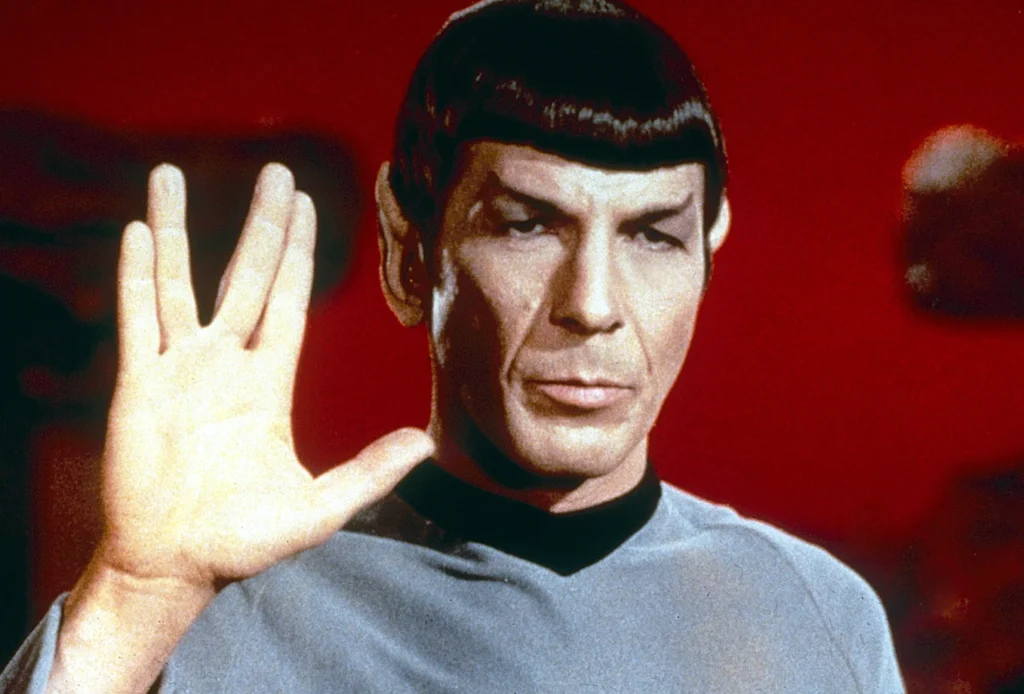
The original Star Trek series, which debuted in 1966, introduced a futuristic vision of space exploration that resonated with audiences around the world. Its message of diversity, cooperation, and peace among different species was ahead of its time, challenging the societal norms of the ’60s. Captain Kirk, Spock, and the rest of the USS Enterprise crew boldly went where no man had gone before, inspiring generations of fans. Star Trek’s influence extended far beyond television; it sparked a franchise that includes films, books, conventions, and a devoted fanbase that remains active today.
Even now, Star Trek continues to captivate audiences, with new TV series, movies, and countless references in pop culture. The show’s optimistic vision of the future and its complex moral dilemmas still resonate in today’s political and social climate. Star Trek wasn’t just a sci-fi series; it was a cultural touchstone that forever changed the way we think about space, technology, and diversity.


